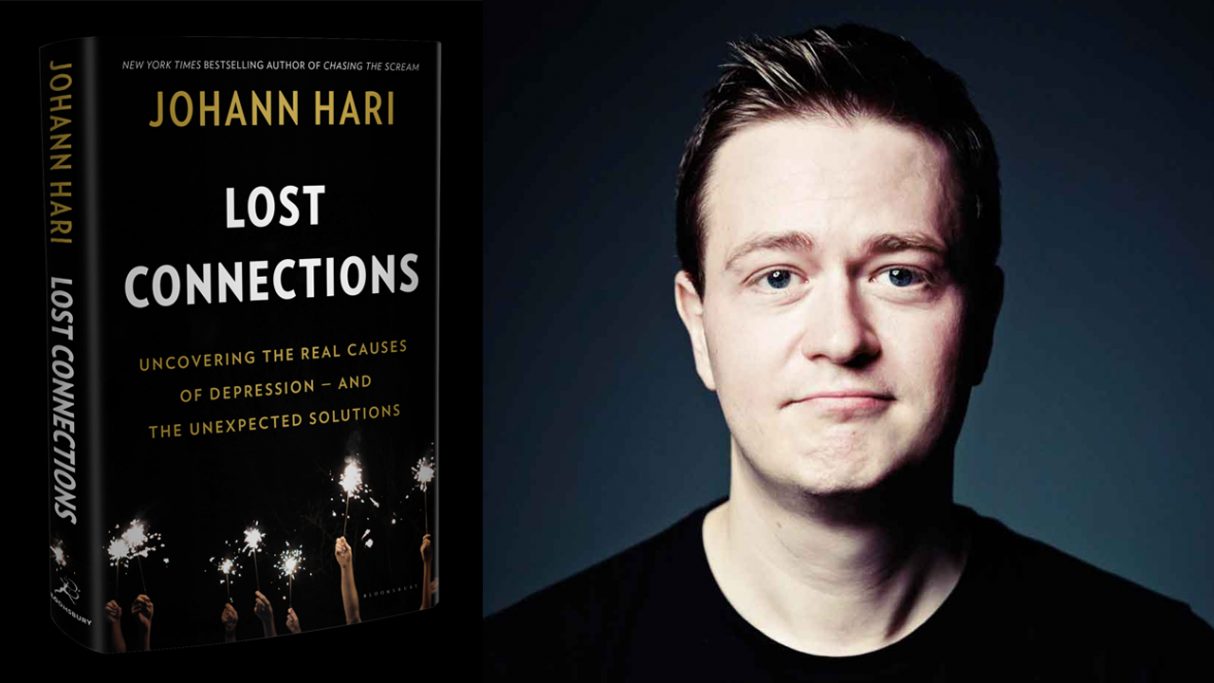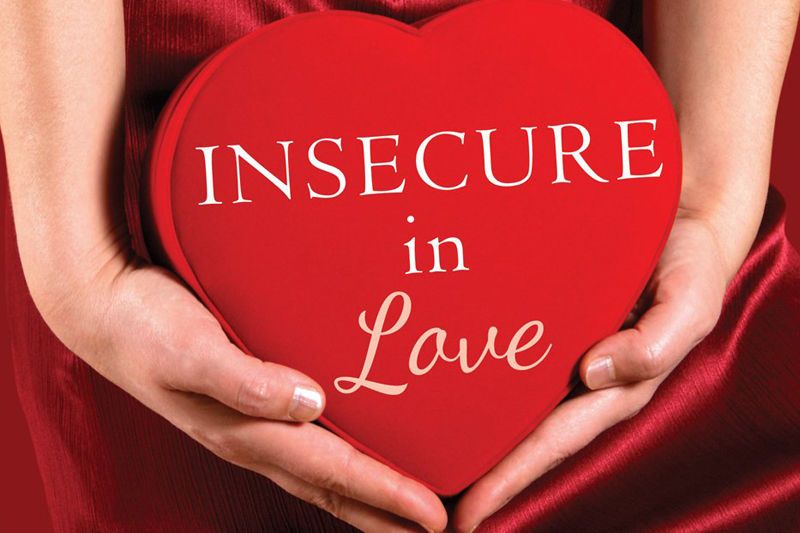I must admit, there was a time when I was questioning my relationship and I thought of leaving so I read this book entitled Too Good to Leave, Too Bad to Stay. Honestly, I believe the author did a very thorough job, gave great examples to support her positions and overall wrote a really helpful book.
So many of us are faced with the dilemma of whether to leave a relationship or not. Sometimes you don’t if the problem is you, or them, your dynamics together or if you just aren’t compatible. Leaving a relationship is usually a tough decision. What if you regret it? What if you were wrong? What if you WERE the problem? What if you leave them and you end up repeating your patterns all over with someone new?
Is love enough? Have you done all you could to salvage what you have? Is this person meeting your needs and if not, are they ever going to? What if the needs you have aren’t something, they should be responsible for? Will therapy help? Are you just too different?
Do you wait until you’re so frustrated, angry and irritated that you explode one day and walk out? Do you keep trying despite nothing changing? Do you continue to exist in something that is mediocre and less than you desire?
In all reality, how do you really decide?
Kirshenbaum goes through a list of 10 questions you need to ask yourself:
- Looking back were things every really very good between you? If your answer is no, then chances are you’ll be happier leaving
- Has there been more than one incidence of physical violence? If your answer is yes, then you’ll definitely be happier leaving
- Have you decided to pursue something that excludes your partner? If your answer is yes, then you’ve already made the decision you’d be happier leaving
- If God said it was okay to leave would you be relieved and end things? If yes, then you should leave
- In spite of the problems do you have fun activities or interests you share (besides children)? If yes, then consider staying and creating more of those times
- Is your partner basically nice, reasonably intelligent, not overly neurotic and okay for you to look at most of the time? If no, then leave. You basically can’t love someone you think is stupid, crazy, ugly or mean.
- Does your partner make everything difficult for you to ever get what you want even when it’s the smallest of things? If yes, then you’ll be happier if you leave. You can’t stay with someone who wants to continually exert power over you
- Does your partner humiliate you or make you feel invisible? If yes and this feeling never goes away, you’ll be unhappy if you stay
- Does your partner consistently refuse to talk about certain topics, especially things that are important to you? This one can be tricky because sometimes your partner isn’t really aware of it and sometimes, they know exactly what they’re doing and sometimes you are fostering their behavior. Ultimately, if you feel you have to hide who you are to be with them, you’ll be happier leaving.
- Do you feel like your partner is constantly lying to you? If so, nothing good will come of this and you’ll be happier leaving. If you’re committed to a lie, then your relationship is a lie (this doesn’t have to be about infidelity, as it can be anything they do or say).
Kirshenbaum then goes on to discuss what love is and what it isn’t. She gives another set of questions (with examples and stories and ways to examine the question) to help you evaluate whether someone is right for you or not:
- Do you generally like your partner and does your partner seem to like you?
- Are you willing to give more than you’re giving already even if it means you might not get it back in return?
- Do you both look forward to being physically intimate (and this doesn’t just mean sex)?
- Are you sexually attracted to your partner?
- Does your partner fail to take any responsibility for the problems you try to get them to acknowledge
- Even if they do acknowledge the problem, do they refuse to do anything about it?
- Have you tried ignoring the thing that makes you want to leave, but you haven’t been successful?
- Is your partner willing to acknowledge the problem and is not only willing, but is able to change?
- Has your partner violated something that is a deal-breaker?
- Do you have passionately held beliefs or ways of living that get in the way of how you experience your life together that isn’t going to change?
Despite all the ways you’re different are there ways deep down inside that you’re very similar?
The third part of the goes into how making your choice will impact your life as a whole and how looking into and evaluating potential changes still makes you want to leave or do they somehow change your mind?
By the end you should have a good idea whether to stay in your relationship or leave and either way you’re starting a new life whether it’s a change in perspective or a change in status. She discusses how to move forward with your partner and reminds you if you stay that your relationship will only give back to you what you give to it.
As for me, I decided to stay. My relationship wasn’t all that bad, but it needed some tweaking and I realized I was the one who needed to make some changes. Once I did everything changed. Sure, it would have been easier to an extent to leave. I wouldn’t have had to be vulnerable or open up or take a chance. I could have run like I did in the past, but I’m thankful every day that I stayed and created what I had always wanted.
It was there right in front of me, I just wasn’t seeing it. Only you can decide what is best for you in your relationship.
This post contains affiliate links. Please see our disclaimer.



Leave A Comment